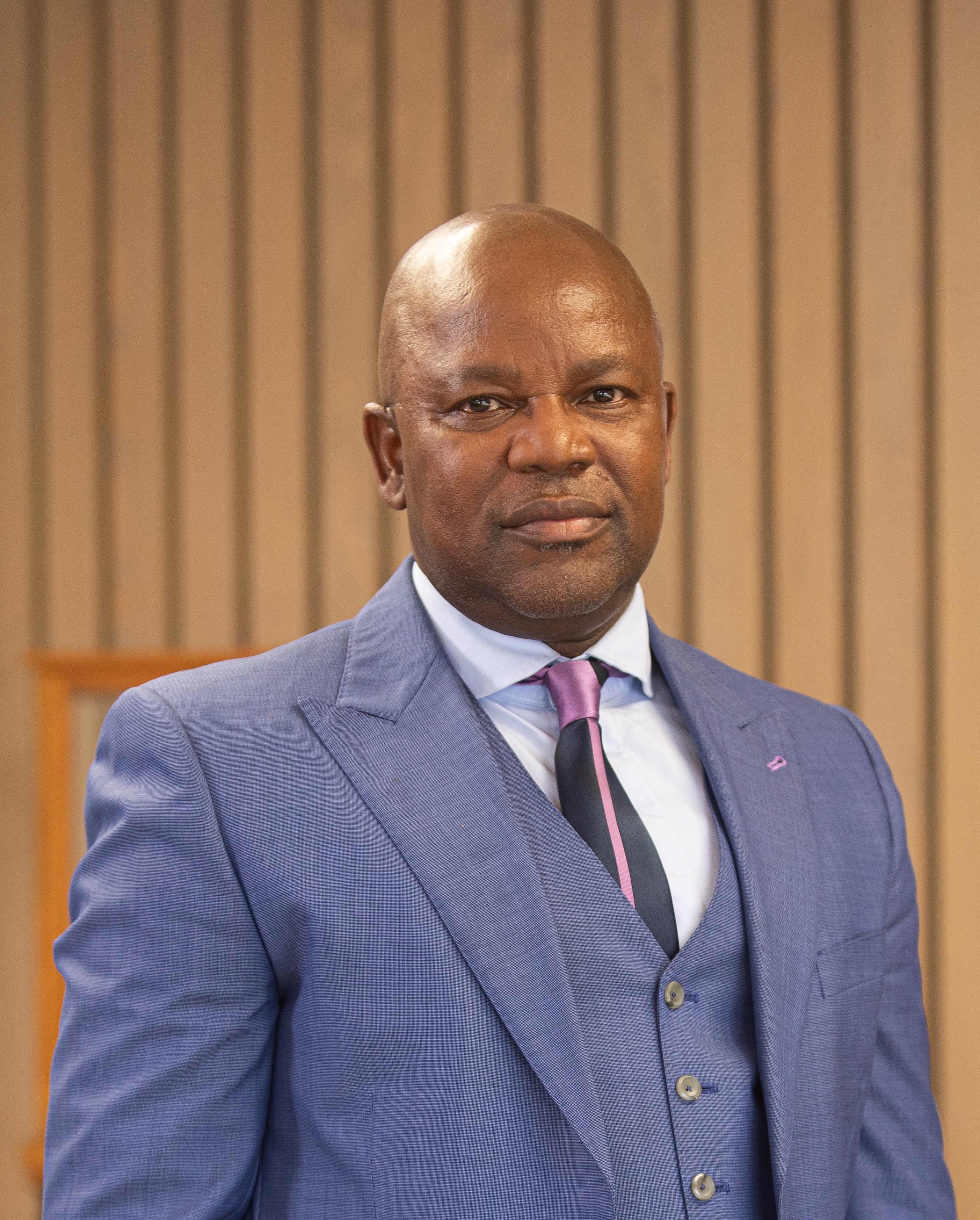
Thungela’s unbundling experience offers some encouraging lessons for Valterra
Written by Hilary Joffe: Opinion/Columnist - 6 June 2025 - 05:00
Image caption: Thungela CEO July Ndlovu. Picture: Geoff Brown
It was a tale of two demergers. Valterra Platinum was set free from Anglo American at the weekend, almost exactly four years after Thungela Coal was similarly liberated in 2021. The unbundlings of the former Anglo American Platinum, now Valterra, and the former Anglo American Coal, now Thungela, were different in some key respects.
Valterra has a market value of about R200bn, whereas Thungela’s market value on day one was
R3bn (it’s now R18bn-R20bn). Where Anglo exited its coal business because of shareholder pressure on all global miners to shed their fossil fuel assets, the group’s decision to exit its rich platinum group metals (PGMs) asset was part of a “portfolio simplification” it embarked on to unlock value for shareholders in the midst of a hostile bid by rival BHP.
Anglo injected R2.5bn into Thungela to ensure it could go out on its own with a debt-free balance sheet. By contrast, Anglo stripped more than R11bn of cash as a special dividend from its platinum business as it prepared to exit.
Yet Thungela’s experience offers some encouraging lessons for its former Anglo sibling. It also raises some interesting questions about the risks and rewards of independence, as well as the fads and fashions of commodity cycles.
Fear of flowback featured in both demergers — Anglo has distributed the bulk of its platinum shares to its shareholders, just as it distributed coal shares to its shareholders four years ago, with the risk that some of those shareholders would be unwilling or unable to hold on to the shares and would sell, weighing on the price.
In Thungela’s case the flowback fears never really materialised: instead the company’s mix of shareholders shifted, with selling by Europeans and buying by US investors, who now hold more than a third of the shares. “Actually, we now have a far more sophisticated shareholder base who understand the story of coal,” said CEO July Ndlovu.
Nor did the coal story turn out to be as short as the green lobby hoped, and many in the market expected. Four years on, it’s clear the energy transition is happening more slowly, and in a more variegated way, than most expected.
As Ndlovu puts it, the transition away from coal to renewable energy has been rapid in the global northwest — Europe and the US — but demand continues to grow in emerging markets such as India, China, Vietnam and Indonesia. The story of coal has become an emerging markets story and we still don’t know when “peak coal” will be, said Ndlovu.
Thungela insisted from the start that demand for coal would hold for a while; it didn’t bargain on Russia’s invasion of the Ukraine sending the coal price crazy, along with the company’s share price, not long after the listing. Trouble was this served to remind China and India of their vulnerability, as a result of which they upped their in-country production. That has dragged coal prices down to four year lows, even though demand for export coal — the market in which Thungela plays — has held steady. And Ndlovu still sees robust longer-term fundamentals.
Unlike rivals that diversified into renewable energy or critical minerals, Thungela made a strategic decision to stick to its knitting in coal, buying and turning around a mine in Australia and investing to expand existing SA mines. Over its four years as an independent company it has given R22bn back to its shareholders in dividends and buybacks while investing R10bn in expansion, and it still has significant cash on its balance sheet.
Historically, Anglo was the big parent with a strong balance sheet that could invest in expanding its subsidiaries. But that also meant those subsidiaries had to compete for capital with whatever project was in vogue at the time. Thungela’s story suggests it’s done a better job of allocating capital for growth than its former parent would have done.
Valterra may well prove that too, just as the nuances of the energy transition suggest its PGMs’ future may be brighter than Anglo bargained for when it opted to divest.
• Joffe is editor-at-large.








